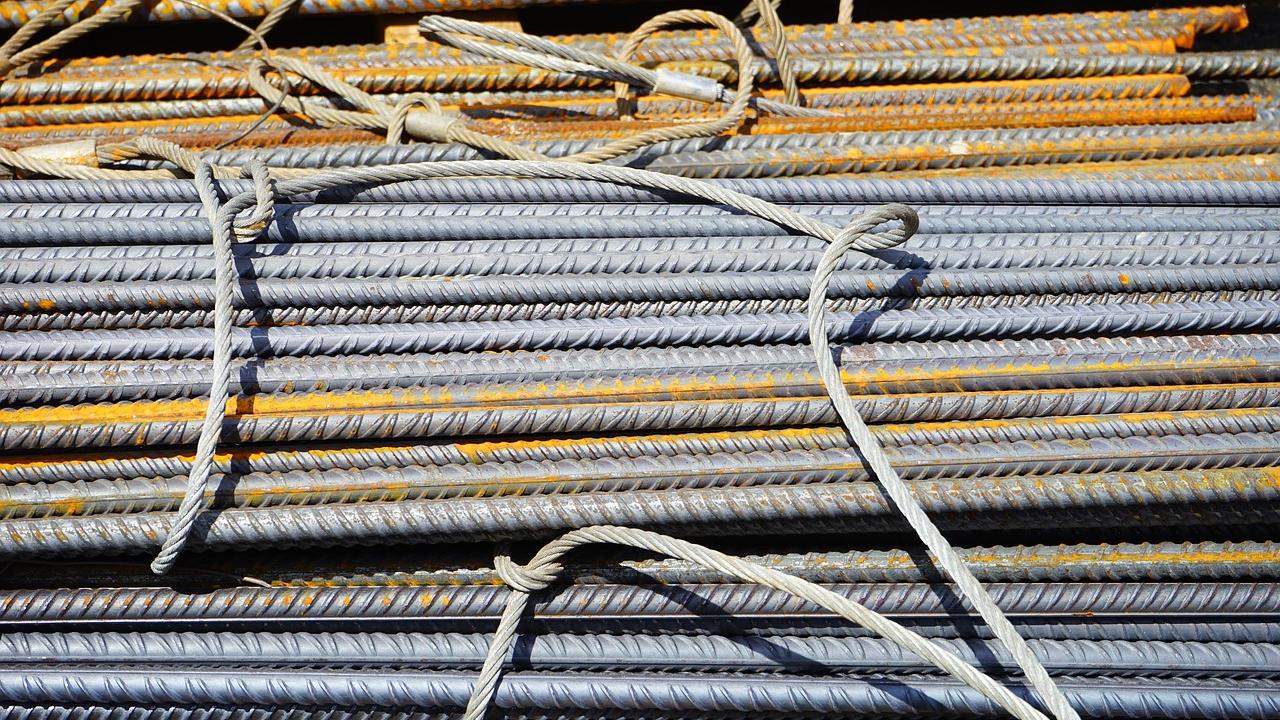
This measure seeks to protect the competitiveness of the national industry dedicated to the production of steel materials, which are widely used in construction.
Promoting industrialization is one of the goals pursued by Gustavo Petro's government. In different spaces, the president has pointed out that part of the pillars of development is the transformation of raw materials, especially the production of materials that, for the most part, are currently being imported.
One of the industries in which the greatest efforts are to be invested is the steel industry. In fact, work is already underway (together with the private sector) on the creation of a flat steel factory with clean technologies and the capacity to respond to national demand.
This Monday, the Ministry of Commerce, Industry and Tourism (MINCIT) announced the issuance of a decree (1294 of 2024) through which tariffs for the import of certain steels are raised.
Specifically, an ad valorem tariff of 30% is imposed in addition to the already implemented Most Favored Nation tariff (which is 5%), for imports of iron or non-alloy steel wire rod or other alloy steels from countries with which Colombia does not have a trade agreement in force. In total, the import tax is 35%.
“This decision was made after a technical team from the Foreign Trade Directorate of the Ministry of Commerce, Industry and Tourism conducted an investigation, which showed that during the period analyzed, imports of wire rod from countries with which there is no current trade agreement increased by nearly 9 percentage points, their price fell by 16.7% and their sales price was lower than the value of the national product by a range between 1.91% and 13.35%. All of these circumstances had a negative impact on the national industry,” MINCIT explains.
The question of the impact this measure will have on builders is valid, as the aforementioned factory has not yet materialized and the construction sector continues to go through difficult times, especially due to interest rates and the impact of inflation on the price of materials.
“Through measures like this, we seek to guarantee fair competition for the national industry, as we combat unfair trade practices and the sharp, unexpected and unjustified increases in imports at low prices that may occur in the country,” said the Minister of Commerce, Industry and Tourism, Luis Carlos Reyes Hernández.
Within the framework of the so-called “steel pact,” studies are being conducted to, among other topics, determine the demand for these materials in the Colombian market and in neighboring countries; the trends in steel prices; the costs of local production; and the identification of potential clients, as well as suppliers.









